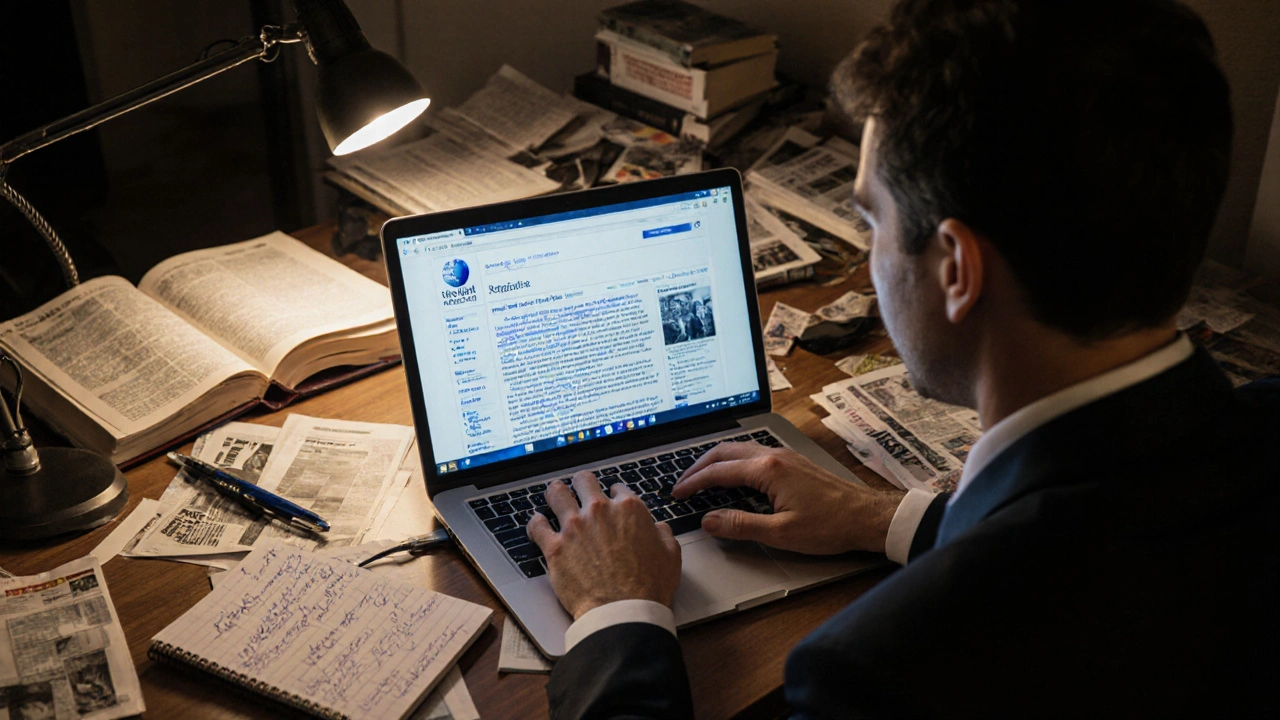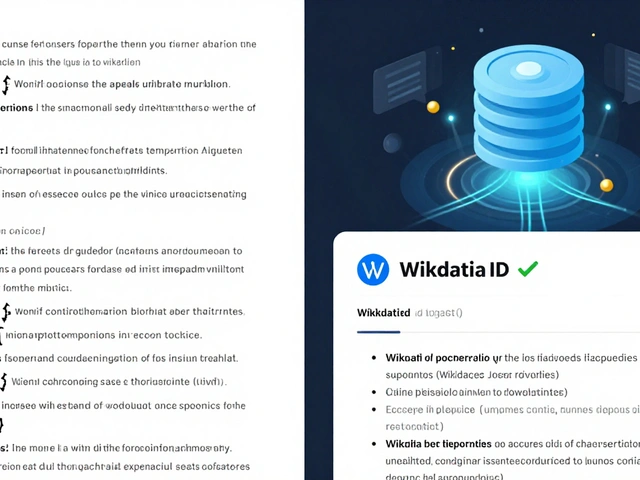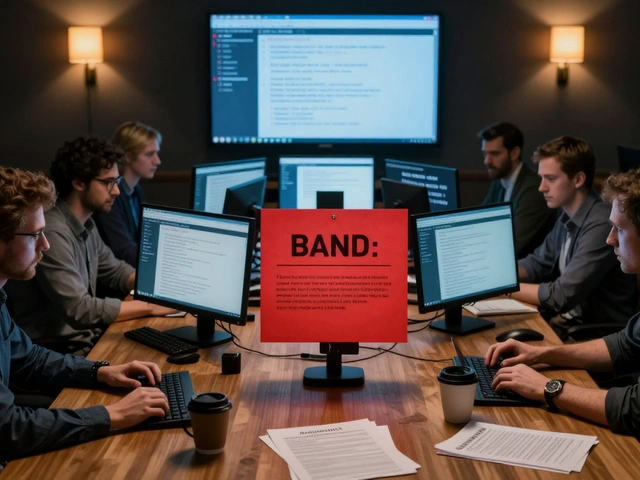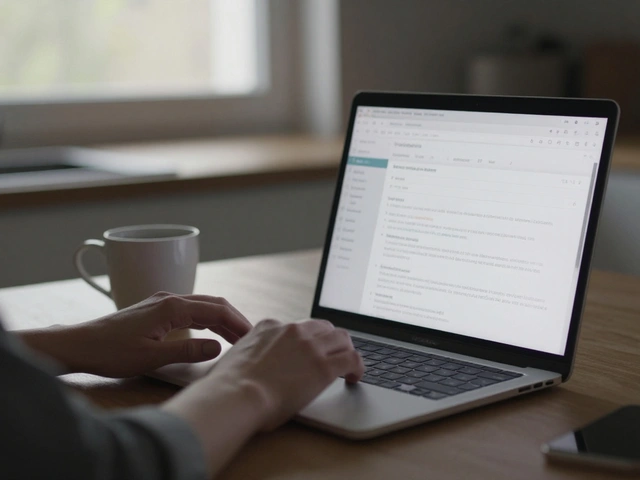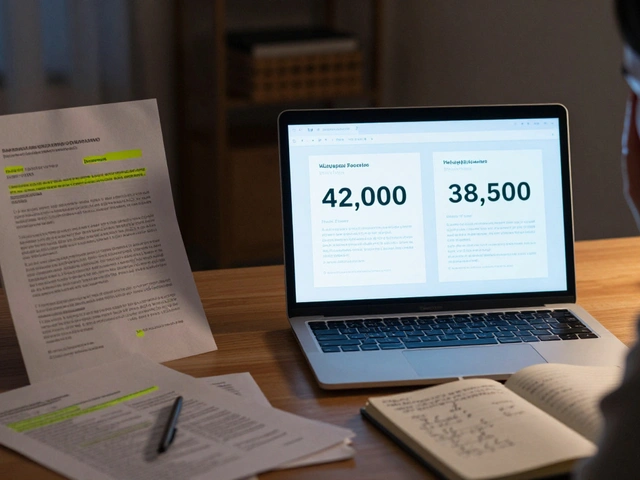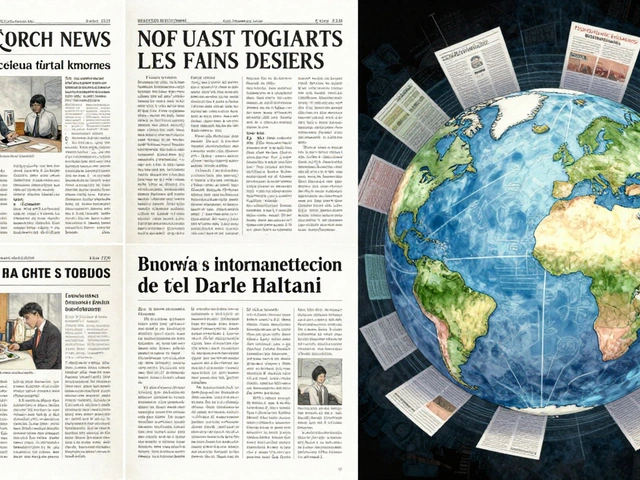Ethical Sourcing on Wikipedia: How Reliable Sources Shape Trusted Knowledge
When you see a claim on Wikipedia backed by a source, that’s not just a footnote—it’s the result of ethical sourcing, the practice of using verified, legally obtained, and transparently attributed information to build trustworthy knowledge. Also known as responsible sourcing, it’s what keeps Wikipedia from becoming just another collection of rumors. Without it, even the most well-written article can collapse under scrutiny. This isn’t about following rules for the sake of rules. It’s about fairness, accuracy, and who gets to be heard in the global conversation.
Behind every good Wikipedia edit is a chain of decisions: Did the editor pick a reliable source, a publication or organization with a track record of fact-checking and editorial oversight? Was the source CC BY-SA licensed, a free license that lets anyone reuse content as long as credit is given and changes are shared openly? And did they avoid using primary sources—like press releases or raw data—when a trusted secondary source already summarized the facts? These aren’t technicalities. They’re the foundation of why people still trust Wikipedia more than AI-generated summaries. When a journalist uses Wikipedia to find a fact, they’re not reading the article—they’re following the trail of sources back to original reporting, court documents, or peer-reviewed studies. Ethical sourcing turns Wikipedia into a gateway, not a dead end.
It’s also about power. Who gets to decide what counts as a reliable source? Right now, Wikipedia’s system favors English-language academic journals and major news outlets. That leaves out local newspapers in rural India, community radio transcripts in Nigeria, or Indigenous oral histories documented by tribal elders. Projects like African language Wikipedias, community-driven efforts to build knowledge in Swahili, Yoruba, and other mother tongues are pushing back. They’re expanding what ethical sourcing looks like—not by lowering standards, but by raising the bar for inclusion. And when Wikimedia grants fund these efforts, they’re not just paying for content. They’re investing in equity.
It’s not perfect. Takedown requests erase valuable work. AI tools generate fake citations that look real. Paid editors push agendas under the guise of neutrality. But the system still works because volunteers keep checking, questioning, and citing. Every time someone adds a source to a disputed claim, they’re not just fixing an article—they’re defending the idea that knowledge should be open, verifiable, and fair. What you’ll find below are real stories of how this plays out: how editors fight to keep sources accurate, how licensing shapes what gets reused, and how communities are redefining what counts as reliable in a world where anyone can publish anything.
The Ethics of Using Wikipedia Content in Professional Journalism
Wikipedia is a quick reference for journalists, but using it as a source risks credibility. Learn how to ethically use Wikipedia for research without compromising journalistic integrity.
